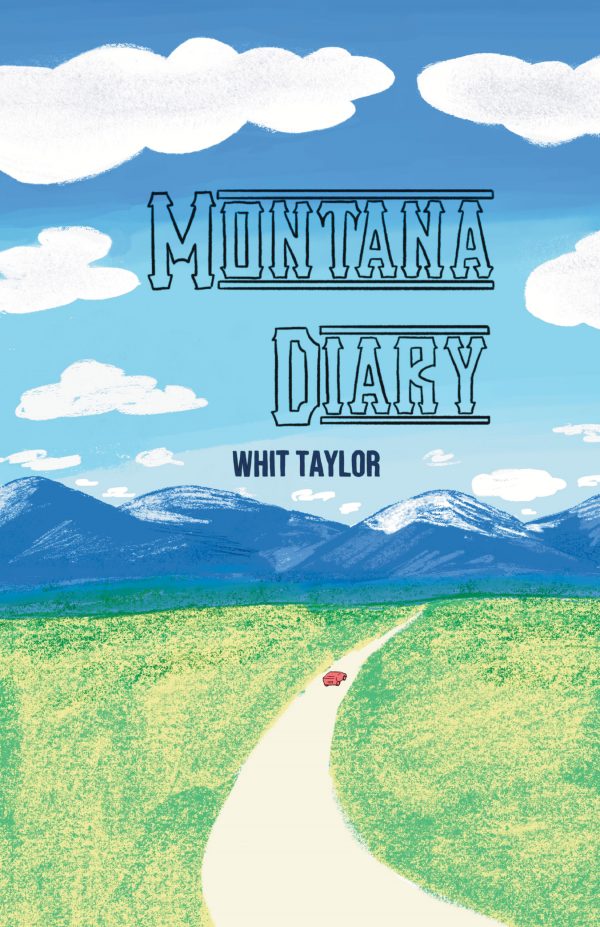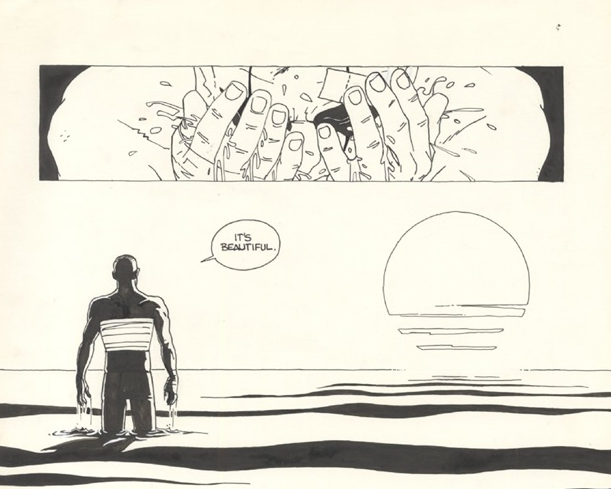It's been a little while since I participated in one of the Manga Movable Feasts, but I couldn't let a chance go by to talk about one of the pillars of the manga world, Osamu Tezuka.
For those unfamiliar with the Manga Movable Feast, it's a roughly monthly series that brings together manga (and sometimes anime) bloggers of all kinds to talk about a particular creator, manga series, or theme. Previous feasts have focused on everything from Emma to One Piece to horror manga. Some series are popular, others obscure, but the discussion is excellent.
This month's feature on Tezuka is hosted by the Manga Critic, and you can find links to all the articles here.
I called this a small appreciation, and that's because while I know that Tezuka is a giant in the manga world, I've really read precious little of his body of work, completely avoiding the one book non-manga fans might recognize on sight, Astro Boy. My experience with Tezuka is only two series, Black Jack and Dororo.
Why have I read so little? I don't know, honestly. It's not like I didn't enjoy Black Jack--in fact, I liked it quite a bit, as it reminded me of one of my favorite television shows, House. I've been slowly collecting all of the volumes, and as I'm keeping my permanent collection of manga quite small, that says a lot about my feelings towards the series. Dororo was fun, if incomplete, and it's a great historical record of the early days of shonen manga. There's no Bleach, no Naturo, and no One Piece without Tezuka.
But for some reason, reading Tezuka isn't a priority for me. I do it now and again, and periodically, I think about getting out some of his other series from the library, such as Buddha, Ode to Kirihito, and of course, Astro Boy. (Phoenix, out of print, is probably not going to happen anytime soon, if ever.) There are some things I have no interest in, such as the Kickstarter-funded Barbara, which features content that is not of any interest to me, no matter who writes or draws it. Overall, though, I know that Tezuka is a creator I like and there's plenty of material out there to read. So why am I not reading it?
I think that part of the reason is related to my general lack of need to read more Will Eisner. Eisner, like Tezuka, is a pioneer of comics, though his are of the Western kind. I have a strong appreciation for Eisner and what he means to comics, but I don't think I need to read another Eisner book again. His work is innovative for his time, but the content of the comics themselves is just a bit too dated for me. I can only read about Ebony White's oh-so-not-funny antics so many times before wincing. Similarly, a little of Tezuka's okay-in-context portrayals of racial stereotypes goes a long way for me. I really like Black Jack, but some of the illustrations in the series are horrendously offensive, and it's hard to keep reading at times, no matter how good the stories are.
I enjoy reading older comics from time to time but I am not a comics historian. Tezuka's work is great for its time, but I don't think a steady diet of it is something I want to do. I am so thankful to comics companies such as Vertical for making sure this material is available in English for readers like me so that we can better appreciate what we have now, but in general, I'd prefer to read what we have now. What was once amazing is still a classic, but there's a reason why we pull out an Atari classic now and again but play our PS3/X-Box/Wii on a regular basis. Things have progressed and improved, and so have comics.
So yes, Osamu Tezuka is an amazing man, and we should celebrate him this week. Anyone who hasn't read any of his comics should do so, because to fully love manga today you need to know where it came from. Use this Feast to find comics that interest you, and see how just about everyone else is borrowing from his playbook, especially on the shonen side of things. But be aware that his comics can be primitive at times, feature a cartoony style that will remind you of old 1940s American animated shorts, and have a tendency for a tin ear about sensitivity. We must appreciate Tezuka, but in context, one that could limit his appeal depending on the reader.
As for me, I'll happily keep reading Tezuka now and again, not unlike reading a pulp collection or a volume of 1960s Marvel comics. My fondness for him as a creator is not lessened for this desire to read him here and there. It's a recognition of the limitations of the material. I'll leave the major celebrations to his bigger fans, but I'll still raise a glass in tribute to him, all the same.
Footer Copyright
Design by - Blogger Templates | Distributed by Free Blogger Templates




![Sweat and Soap [Ase to Sekken] by Kintetsu Yamada](https://blogger.googleusercontent.com/img/b/R29vZ2xl/AVvXsEgMnQltxjWqGS1_duhCp9Er1a0NbALuSFrqvjaV4_PjN_w67xCGghYt-l0qKyqTH7Ei7gbq_mxVq8aPAuOiyaArwAMLJWhpGmOYaARUBnwvjmv2-ZIe20m_zR5CvKnPdI6US_AuOnmi3gSX/w680/57525895-BA7E-4EF8-9FE4-89F9C164E1A4.jpeg)


